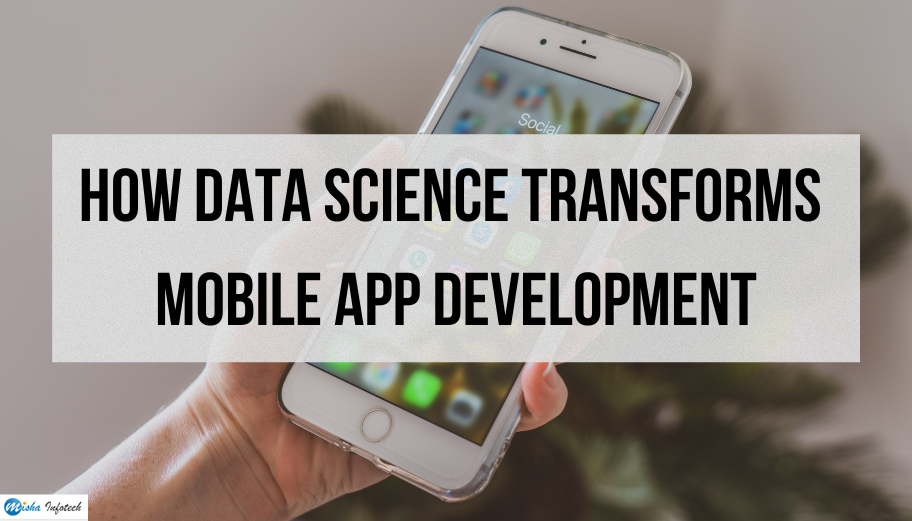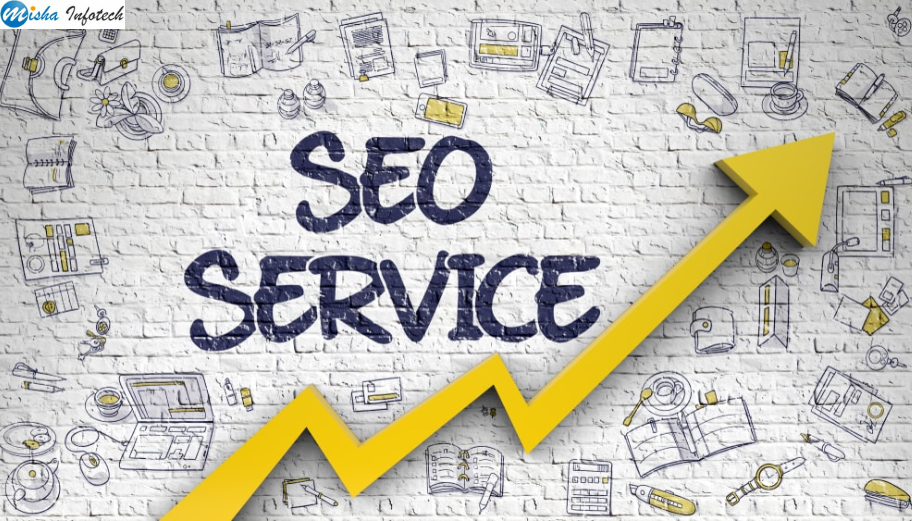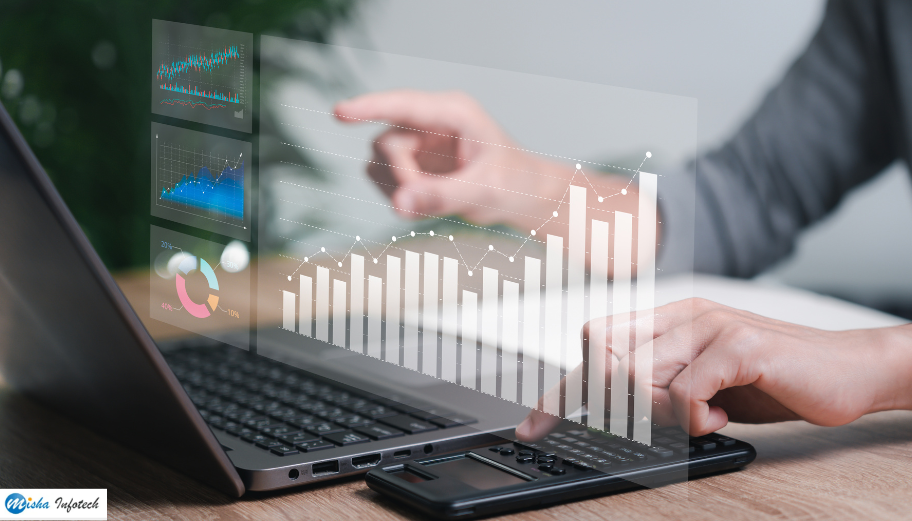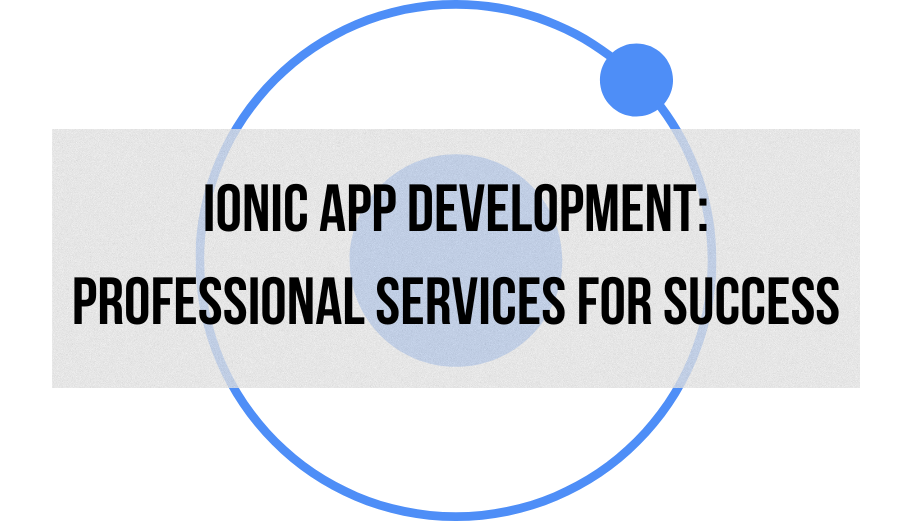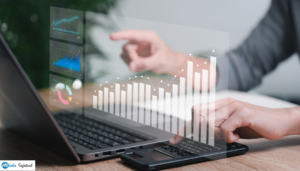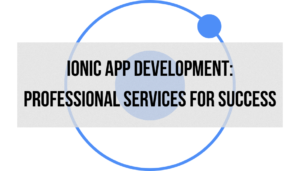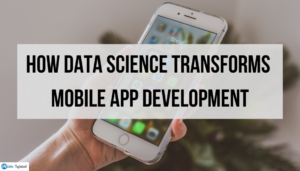In the rapidly evolving landscape of mobile app development, staying ahead of the curve requires more than just innovative ideas and sleek designs. Today, data science has emerged as a transformative force, empowering developers to create smarter, more intuitive, and user-centric apps that deliver unparalleled experiences. Let’s explore how data science is revolutionizing mobile app development and reshaping the way we interact with technology.
1- Enhanced User Insights:
Data science enables developers to gain deep insights into user behavior, preferences, and engagement patterns. By analyzing vast amounts of data collected from app usage, developers can identify trends, user pain points, and areas for improvement. These insights allow for the creation of highly personalized and targeted experiences that resonate with users on a more profound level.
2- Predictive Analytics:
Predictive analytics leverages historical data to forecast future trends and outcomes, empowering developers to anticipate user needs and preferences. By leveraging machine learning algorithms, developers can build predictive models that anticipate user actions, such as recommending relevant content, predicting user churn, or personalizing app experiences in real time. This proactive approach enables developers to stay one step ahead and deliver experiences that are both intuitive and anticipatory.
3- Optimized Performance:
Data science plays a crucial role in optimizing app performance and efficiency. By analyzing performance metrics and user feedback, developers can identify bottlenecks, bugs, and other issues that may impact app performance. This data-driven approach allows developers to prioritize and address critical issues promptly, resulting in smoother, faster, and more reliable app experiences.
4- Personalized Recommendations:
One of the most significant advantages of data science in mobile app development is its ability to deliver personalized recommendations and content. By leveraging user data, such as browsing history, preferences, and demographics, developers can create tailored experiences that cater to each user’s unique interests and preferences. Whether recommending products, services, or content, personalized recommendations enhance user engagement and drive conversion rates.
5- Improved User Retention:
Data science enables developers to implement strategies for improving user retention and engagement. By analyzing user behavior and engagement metrics, developers can identify factors that contribute to user churn and take proactive measures to address them. Whether through targeted notifications, personalized incentives, or gamification strategies, data-driven approaches can significantly improve user retention and foster long-term loyalty.
6- Iterative Development:
Data science facilitates an iterative approach to app development, allowing developers to continuously refine and improve their apps based on real-world data and user feedback. By embracing a data-driven development cycle, developers can quickly identify areas for improvement, experiment with new features, and iterate on existing functionality to deliver a seamless and intuitive user experience.
7- A/B Testing and Experimentation:
Data science enables developers to conduct A/B testing and experimentation to evaluate the effectiveness of different app features, designs, and strategies. By comparing user responses and outcomes between different variations, developers can make data-driven decisions to optimize app performance, user engagement, and conversion rates.
Fraud Detection and Security:
Data science techniques such as anomaly detection and pattern recognition are invaluable for detecting and preventing fraudulent activities and security threats in mobile apps. By analyzing user behavior and transaction patterns, apps can identify suspicious activities, authenticate users, and implement security measures to safeguard sensitive data and ensure user privacy.
Business Intelligence and Insights:
Data science provides mobile app developers and businesses with actionable insights and business intelligence to inform decision-making and strategy formulation. By analyzing key performance indicators (KPIs), market trends, and user feedback, developers can identify opportunities for innovation, growth, and optimization, enabling them to stay competitive in the dynamic mobile app market.
In Conclusion:
Overall, the integration of data science into mobile app development empowers developers to create more intelligent, intuitive, and impactful apps that deliver personalized experiences, optimize performance, and drive user engagement and satisfaction. As data science continues to evolve, its role in mobile app development is expected to become even more prominent, enabling developers to unlock new possibilities and drive innovation in the mobile app industry.
Data science has transformed mobile app development from a purely creative endeavor into a data-driven discipline focused on delivering personalized, engaging, and impactful experiences. By leveraging the power of data analytics, predictive modeling, and machine learning, developers can create apps that anticipate user needs, optimize performance, and drive user engagement and retention. As the mobile app landscape continues to evolve, data science will undoubtedly play an increasingly vital role in shaping the future of mobile technology and redefining the way we interact with apps.



